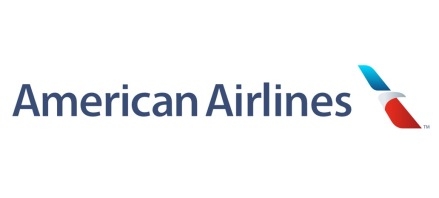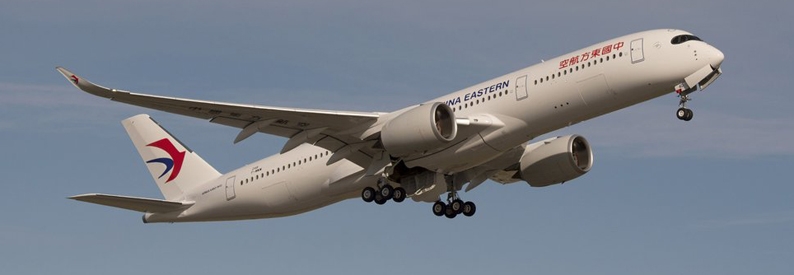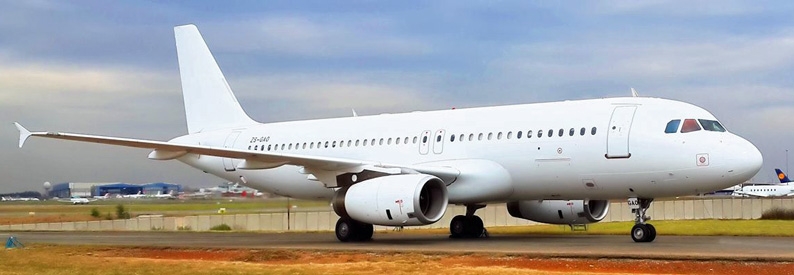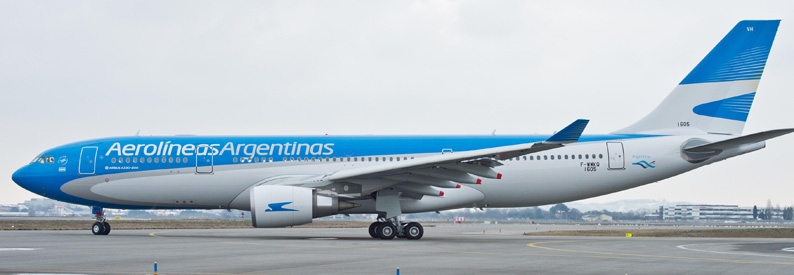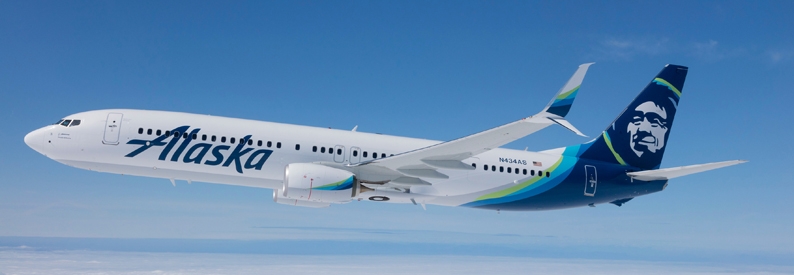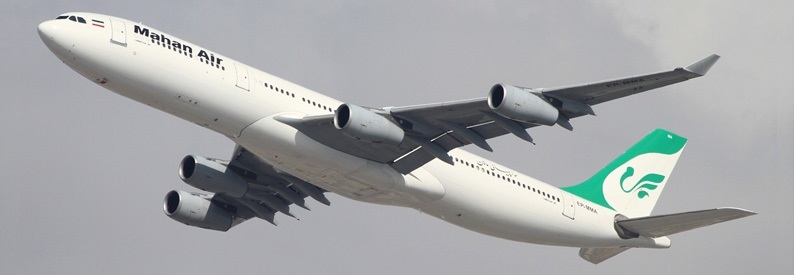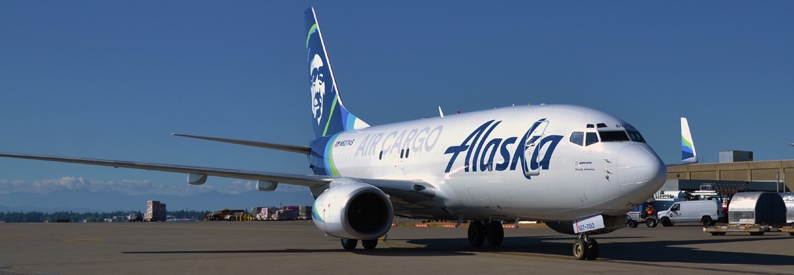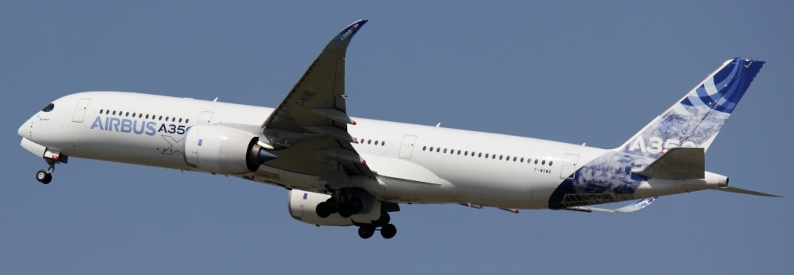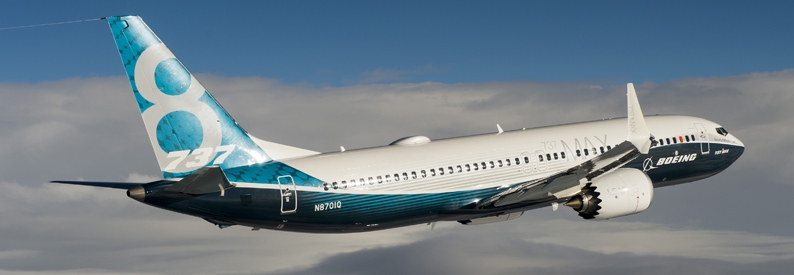United States President Donald Trump's administration is considering options regarding the US relationship with Gulf carriers, reports Politico. Members from agencies such as the National Economic Council, National Security Council and Department of Transportation have met with White House advisors to discuss the nation's Open Skies Agreements with the United Arab Emirates and Qatar, amid ongoing concerns from US legacy operators that the Gulf carriers are unfairly subsidised.
According to anonymous sources, some options include limiting the number of Gulf flights into the USA, restricting routes, or even tearing up current open skies agreements and negotiating different deals.
US legacy carriers represented by the Partnership for Open and Fair Skies – a coalition composed of American Airlines, Delta Air Lines, United Airlines, and crew and pilot unions – have long argued that Gulf carriers – Emirates, Etihad Airways and Qatar Airways – are unfairly subsidised by their governments, which distorts the market against US carriers. "The nations of Qatar and the United Arab Emirates (UAE) are funnelling billions of dollars in government subsidies to their state-owned airlines, distorting the international aviation market and undermining fair competition," the Partnership states.
However, other airlines are less hostile. US Airlines for Open Skies (USAOS) – a coalition of Atlas Air, FedEx Express, Hawaiian Airlines and JetBlue Airways – supports the current open skies arrangement, saying it promotes US jobs and economic growth. "We disagree with the demands of the legacy carriers and have called on the Administration to reject them," USAOS says. "Open Skies agreements save $4 billion for passengers on US-international routes annually, bring billions of tourism dollars into the US economy, and have helped expand domestic airline routes."
Politico's unnamed sources say that a consensus has not yet been reached, nor is one expected to be soon.
